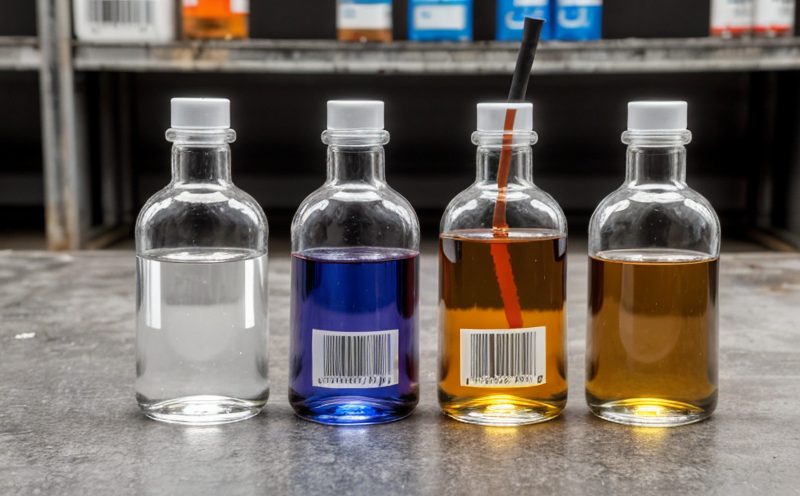ISO 11357 Thermal Stability and Degradation Testing of Polymers
The ISO 11357 standard provides a standardized method to determine the thermal stability and degradation behavior of polymers under controlled conditions. This test is crucial for ensuring product longevity, reliability, and safety in various industries such as automotive, aerospace, electronics, and consumer goods.
Thermal stability testing evaluates how a polymer behaves when exposed to elevated temperatures over time. Degradation can lead to changes in physical properties like tensile strength, flexibility, or color. Understanding these changes is essential for predicting the lifetime of products made from polymers.
The test involves subjecting specimens to specific temperature and humidity conditions according to ISO 11357. The specimen's mass loss, discoloration, or other observable physical properties are monitored over time. This information helps manufacturers make informed decisions about material selection and processing parameters.
For accurate testing, the following steps are typically followed:
- Sample preparation: Cut samples from the product to be tested according to standard dimensions.
- Environmental conditioning: Allow specimens to reach equilibrium with laboratory air conditions before testing.
- Thermal exposure: Place samples in a controlled atmosphere chamber set at specified temperature and humidity levels.
- Data collection: Monitor changes in mass, color, or other physical properties over time.
The results of this test are critical for quality assurance departments. They help identify potential issues early on, ensuring that products meet regulatory standards and customer expectations. By incorporating ISO 11357 into their development process, companies can enhance product performance and reduce costly recalls or failures in the field.
For more detailed information about this testing procedure, please refer to ISO 11357.
| Applied Standards | Description |
|---|---|
| ISO 11357 | Determination of thermal stability and degradation behavior of polymers by thermogravimetric analysis (TGA). |
Why Choose This Test
- Ensures product longevity and reliability.
- Aids in compliance with industry regulations.
- Facilitates early identification of potential issues during the development stage.
- Provides data for optimizing manufacturing processes.
The ISO 11357 test offers a robust methodology for evaluating the thermal stability and degradation behavior of polymers. This information is invaluable for quality managers, compliance officers, R&D engineers, and procurement teams looking to ensure their products meet high standards.
Quality and Reliability Assurance
- Provides a standardized approach to testing.
- Ensures consistent results across different laboratories.
- Simplifies regulatory compliance for international markets.
- Aids in the development of reliable products.
The ISO 11357 test is part of a broader quality assurance framework that includes material selection, process control, and end-product testing. By incorporating this method into their quality management systems, companies can enhance product reliability and reduce risk.





